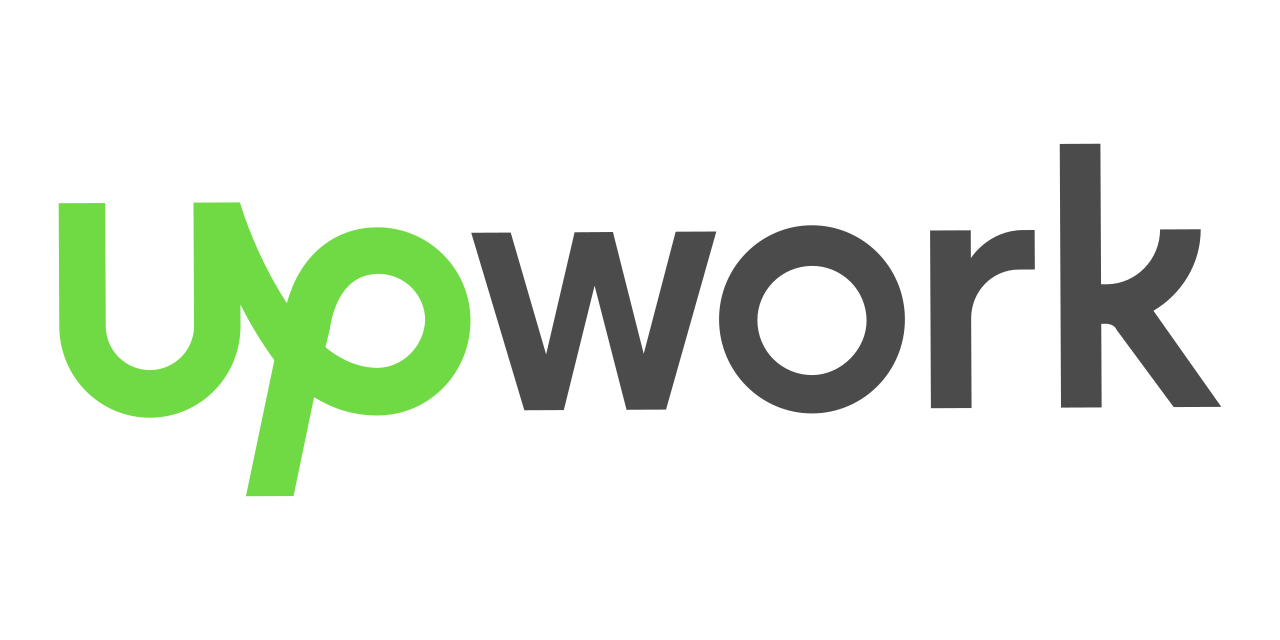6 Technical Skills a Non-Technical Startup Must Have Founder Needs to Have
Learn 6 essential technical skills for startup founders to bridge the gap with your development team, improve communication, and build better products.
But as a non-technical founder, turning that vision into a real, working product can feel overwhelming. Without technical skills, you might struggle to communicate effectively with developers, prioritize features, or even judge if your team is building the right thing.
While you don’t have to become a full-fledged developer yourself, learning a few core technical skills will make you a much better founder. It will help you manage your product roadmap, speak your team’s language, and make more informed decisions.
 Here are six essential technical skills every non-technical founder should know:
Here are six essential technical skills every non-technical founder should know:
1. Wireframing
Wireframing is the process of sketching out what your product’s screens will look like. Think of it as the blueprint for your app or website.
As a founder, being able to wireframe—even roughly—helps you clarify your ideas and communicate them to designers and developers. You don’t need fancy tools to start. Even a napkin sketch is better than vague words.
Why it matters:
Wireframing ensures everyone on the team understands what you’re building. It reduces misunderstandings and wasted effort.
How to start:
- Use tools like Figma, Balsamiq, or even PowerPoint.
- Practice breaking down your product into simple screens and flows.
- Focus on clarity over polish.
2. Understanding Databases
You don’t need to become a database architect. But you should understand what a database is, why it matters, and how data is organized.
Your product will almost certainly store user data, transactions, or content. Knowing the basics helps you make better decisions about features, privacy, and scaling.
Why it matters:
If you understand entities, relationships, and data types, you can discuss technical skills trade-offs intelligently with your team.
How to start:
- Learn basic terms: tables, records, primary keys.
- Try visual database design tools.
- Watch short intro videos about SQL or NoSQL.
3. API Basics
APIs (Application Programming Interfaces) let your product talk to other systems. Whether you’re integrating with a payment gateway, social login, or sending data to analytics tools—you’ll use APIs.
Why it matters:
APIs are everywhere in modern software. Knowing how they work helps you plan integrations, negotiate timelines with developers, and choose third-party services wisely.
How to start:
- Learn what REST and JSON are.
- Use Postman or browser dev tools to see real APIs in action.
- Read a sample API documentation to get comfortable.
4. Version Control Concepts
Your development team will almost certainly use Git to manage code. While you don’t need to write code, understanding version control can help you follow along in meetings and understand timelines.
Why it matters:
It allows multiple developers to work on your product without stepping on each other’s toes. And it creates an audit trail of changes.
How to start:
- Learn basic Git terms: commit, branch, merge.
- Watch a beginner-friendly Git video.
- Ask your team to show you their workflow.
Good design is not just about pretty colors—it’s about usability. As a founder, you need to champion the user’s experience.
Even if you’re not a designer, understanding UX principles will help you:
- Evaluate design proposals.
- Prioritize user-friendly features.
- Avoid confusing interfaces that drive customers away.
How to start:
- Read a UX design primer or blog.
- Learn about user journeys, navigation patterns, and accessibility.
- Review successful apps and ask: why do they feel easy to use?
6. Basic Web Development Literacy
Finally, you should understand how modern web apps are built at a high level. You don’t need to learn to code production-ready software—but knowing what front end, back end, and hosting mean can transform your conversations with your tech team.
Why it matters:
You’ll make better decisions about architecture, timelines, and vendor choices.
How to start:
- Learn what HTML, CSS, JavaScript do on the front end.
- Understand what servers and databases do on the back end.
- Familiarize yourself with concepts like cloud hosting, CDN, and deployment.
Conclusion
You don’t have to become a developer to lead a tech startup. But ignoring technical knowledge entirely is risky. By learning just enough to understand your product’s design, data, integrations, and user experience, you become a better communicator and leader.
Your team will respect your effort to speak their language. You’ll spot bad ideas before they waste resources. And you’ll be able to sell your vision with real credibility.
The best founders aren’t the ones who know everything—they’re the ones willing to learn.





